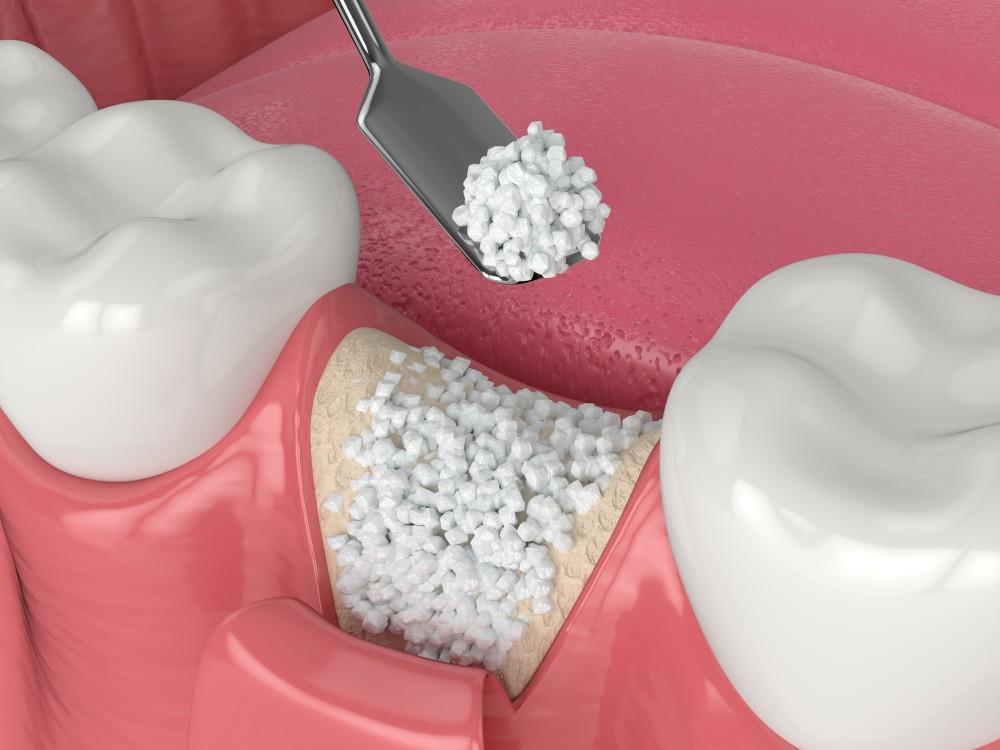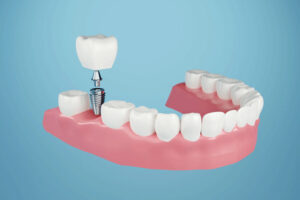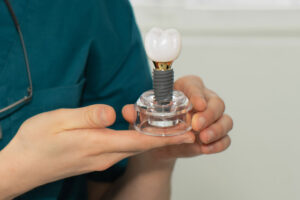Are you thinking about getting a dental implant to replace a missing tooth? Implants are a permanent, natural-looking way to restore your smile — but you might need bone grafting before you get one.
Dental bone grafting is a surgical procedure that rebuilds your jawbone for dental implants and other restorations. You might need grafting to address bone deficiencies and create a strong base for your implant to enhance placement success.
At Sargon Dental, our team specializes in bone grafting in Encino and West Hollywood, California, and Pleasant Grove, Utah. If you’re considering a dental implant, here’s what you need to know about what it entails.
Understanding bone grafting
Your teeth naturally stimulate your jawbone to grow and regenerate. But when you lose a tooth, that stimulation disappears. The surrounding bone begins deteriorating over time, contributing to inadequate bone density.
Dental bone grafting is a surgical technique to replace missing or damaged bone in your jaw. Because dental implants are surgically placed into your jaw, strong bone is essential for successful treatment.
Grafting helps to create a solid foundation for implant placement by augmenting your existing bone structure.
Types of bone grafts
We offer a variety of different bone grafting methods. The best option for you depends on your overall health and your dental needs.
Autograft
An autograft involves using bone tissue harvested from your own body. We take a sample of bone from another area, like your chin or hip, and supplement your jawbone with the tissue.
Autografts are generally considered the gold standard, because they offer best integration and the lowest risk of complications.
Allograft
An allograft is similar to an autograft, but it involves using human donor bone tissue. The tissue is processed and sterilized before being transplanted into your jaw.
Allografts are popular, because of their high success rate, and they eliminate the need for a second surgical site for bone harvesting.
Xenograft
A xenograft involves using bone graft material from an animal. This graft material is processed to remove all organic components, leaving behind the mineral structure. Xenografts act as a framework for new bone growth, and eventually your own bone replaces it over time.
Synthetic grafts
Synthetic graft materials are human-made and designed to mimic the properties of natural bone. Hydroxyapatite, calcium phosphate, and other biocompatible materials can provide support for new bone growth.
Do I need dental bone grafting?
If you have bone loss in your jaw, bone grafting could be a key component of your treatment plan. We often recommend bone grafting for people who:
Are considering dental implants
You might need bone grafting if you have insufficient jawbone density to support a dental implant. The grafting procedure helps establish a stable base for your new implant, ensuring its long-term success and functionality.
Need a tooth extraction
Tooth extraction increases your risk of bone loss in the surrounding area. We can do a bone grafting procedure immediately after your extraction to help preserve your bone and prevent future complications, like gum recession.
Have periodontal disease
Severe periodontal disease can cause bone loss around your teeth, leading to loose or shifting teeth. Since bone grafting helps restore lost bone, it can boost support and stability of your teeth, prevent future tooth loss, and enhance your oral health.
Have suffered facial trauma
Facial trauma or injury can result in fractures or bone loss. Bone grafting can be part of the reconstructive process, restoring your facial aesthetics, functional bite alignment, and overall oral health.
Dental bone grafting is a safe and effective way to promote bone regeneration in your jaw. If you’re considering dental implants or you’ve experienced bone loss in your jaw, schedule a bone graft consultation with our team at Sargon Dental to learn more about your options.
Call the office nearest you or request your first appointment online now.






